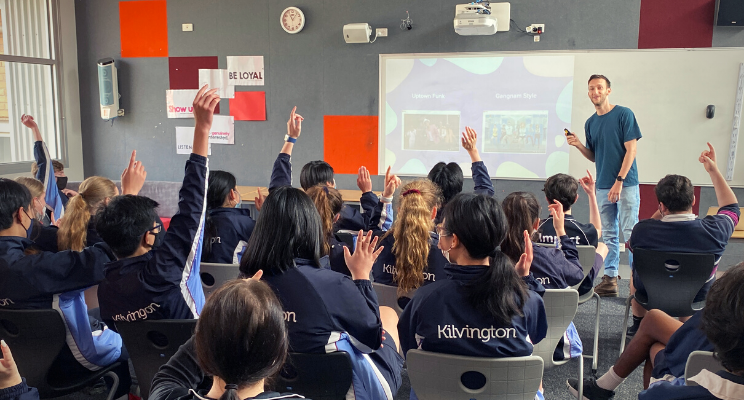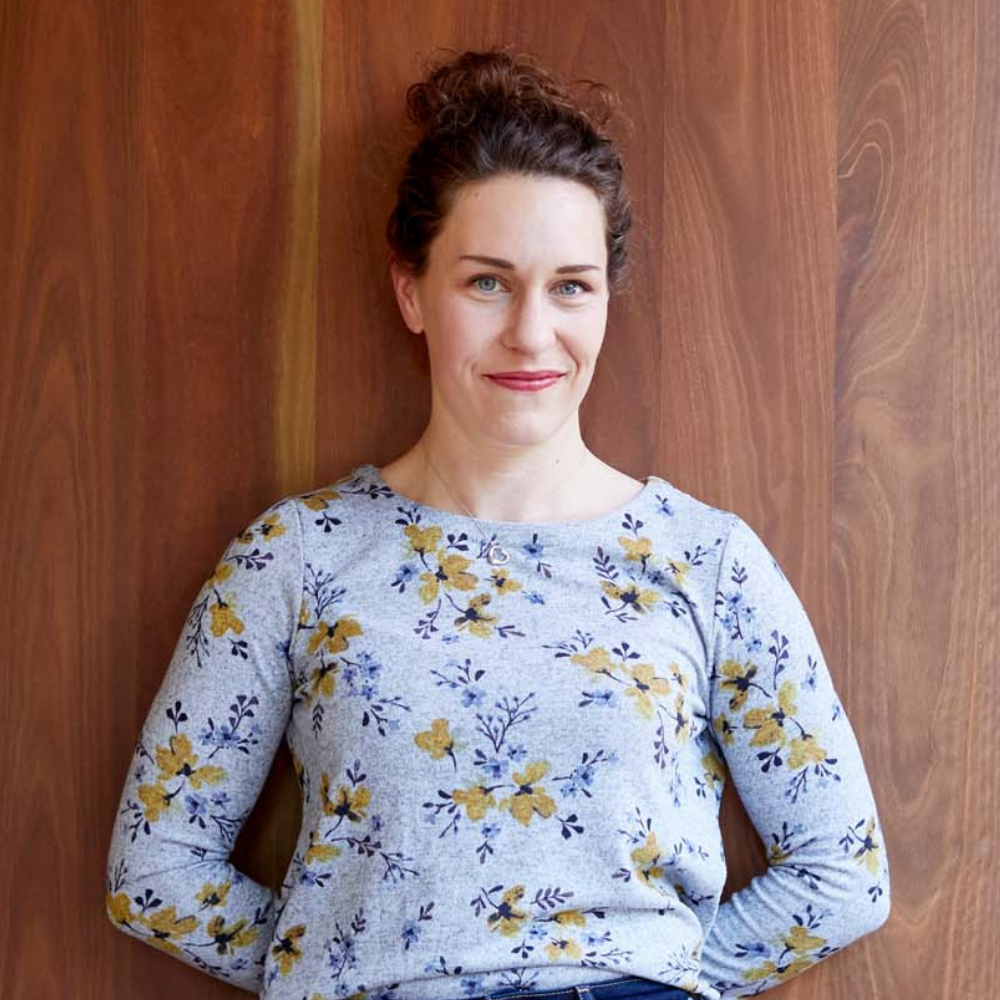Winning both the People’s Choice and Overall prizes at Startup Victoria’s Wellness Pitch Night, mental health program Toolbox Education is clearly making an impression.
Co-founders Ben Scholl and David Berlinski found that influencing teen choices starts with real connection. But their focus on strong relationships sustains them beyond the classroom.
Direct to young minds
The idea for Toolbox Education was born “after a nice run and a coffee… the best thing for mental health!”. Melbourne was in lockdown, and the waiting lists for psychologist appointments were long. Ben and David started exploring a preventative approach, targeting an audience many years younger than those typically seeking appointments.
The idea was to arm teenagers with the psychological tools to mitigate mental health challenges later in life. By bringing young, relatable presenters into classrooms, and providing content that’s engaging, practical and accessible, they hoped to cut through at this formative age. Just 12 months on, their team of 11 are proving their hypothesis: 96% of their students say they are likely to put their learnings into practise.
“A big part of being a psychologist is providing psycho-education. That is, explaining and providing context to psychological ideas and experiences. There’s a huge educational component in psychology and that is what we are tapping into.” – David
Establishing connection and rapport with their students has been central to their success. David, who is a practising psychologist, is responsible for developing program content that’s founded in robust psychological principles and accessible to young minds. Ben’s experience managing educational programs in Australia and the UK serves him well in his multi-facetted role, including sales, marketing, recruitment and operations.
Outside the Toolbox
There’s no need to tell psychology educators the value of balance in their lives. Both co-founders know the importance of sharing their time between their professional and personal roles. David strives to be a loving partner, son and brother, a caring friend and compassionate psychologist. He enjoys dog-walking, tending his indoor plants and learning guitar.
Ben is preparing to take on a new role, as he supports his wife in the late stages of pregnancy. He’s found combining wellness and relationship nurturance into one activity, like running with a friend, has helped him achieve the balance he needs.
“Making sure that I’ve got those small doses of [family, social and exercise time] across the week, those are the things that fill up my cup and keep me energised.” – Ben
Prioritising connection
Ben reflects on his earliest days as a founder when “it felt like I was filling time and finding things to do. The amount of work you could do was limitless and because the idea was still forming, it was hard to prioritise.”
As the business’s future became clearer, so have his priorities. He aims to remain focussed on the big-picture goals, and growing the Toolbox team has helped with that. Ben is also keen to avoid “meetings for the sake of meetings”, encouraging effective preparation and scheduling with Calendly. This is balanced with free space for spontaneous conversations, to allow opportunities to connect as they arise.
David explains:
“We’ve made a considered effort to systematise our schedules to ensure that we are creating space for us to talk, plan and prioritise a focus on the future and our growth, as well as also creating an environment for us to be open, honest, and vulnerable with each other.”
Walking the talk, David relies on tools from Toolbox’s procrastination workshop across his life. Whether that’s creating program content, housework, exercise or learning guitar, “it’s all about getting started”. He breaks his tasks down into small, specific parts, and uses the 2-minute rule to overcome new-task overwhelm and gain momentum.
These tools and systems also help him to keep focused, without relying on finite willpower. “Our emotional, short-term, dopamine-driven reward system is pretty powerful… you’re not always going to win that battle!”. He prefers to rely on his rational brain to follow structures that he knows work for him.
What doesn’t work
All of us have tried generic time management advice that just doesn’t gel with how we work. For Ben, it’s the Pomodoro technique; “When I get on a roll or am in flow, I often want to just keep going”.
David says he doesn’t believe in effective multi-tasking. Citing the mental cost of frequently switching between tasks, he holds his attention on a single task to keep quality high.
Supporting Toolbox Education
The Toolbox founders say they’ve been “blown away” by the support of the start-up community. They always appreciate new connections in the education space, and opportunities to share experiences and challenges with other founders.
Check out Toolbox Education, and follow their growth on Instagram, Facebook and LinkedIn.


